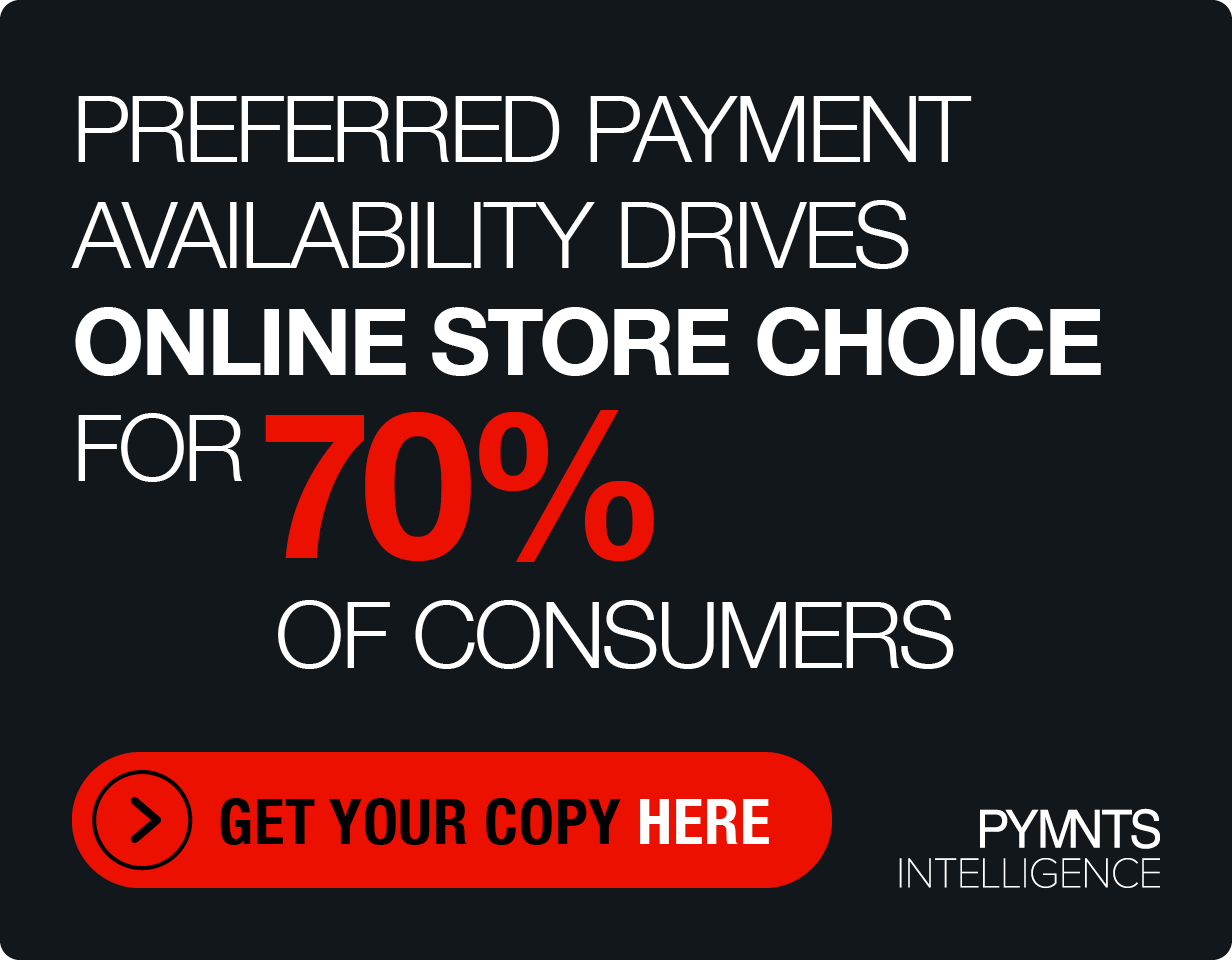Why Brazil Attracts The Attention Of Fuel Payments Firms

A recent fuel payments move by WEX highlights the increasing importance of South America — notably Brazil — to the fleet and freight industry.
Earlier this spring, the corporate payments company said it was expanding in the continent’s largest economy as measured by GDP via a partnership with Raízen, which is the licensee of the Shell brand in Brazil. As a result of the deal, freight drivers can pay for gas at fueling stations by using the WEX Frete card.
WEX expects the deal to bring in at least $28 million in annual revenue (to be fair, that is less than 2 percent of the company’s anticipated full-year 2018 revenue of $1.4 billion), and lead to lower costs for highway cargo transport in the country, along with a reduction in overall logistics expenses for transport firms. For its part, Raízen anticipates increased sales at its Shell stations.
Brazil has become a more attractive target for freight and fuel payments companies, in large part because of its favorable regulations. The country’s National Ground Transportation Agency now requires freight transporters and loaders to use electronic payments. Freight letters and paper checks remain the norm in Brazilian transport.
FLEETCOR Technologies, a rival of Wex, has recently undertaken similar action. It has enabled “cardless fuel payments at BR gas stations in Brazil” via the company’s RFID technology with payments made from inside customers’ vehicles, a deal that is designed to give more than 12 million BR customers access to quicker and safer transactions. FLEETCOR made the deal with Brazil-based petroleum products firm Petrobras Distribuidora.
Brazil might not yet stand as a major source of revenue for either company, but business in that country helps to offset sluggish U.S. fuel-related sales, according to executives. The “U.S. is still kind of mostly flat,” Ronald Clarke, FLEETCOR CEO, said during his company’s first-quarter earnings conference call last month. By contrast, those sales increased by 191 percent in Russia year over year in the first quarter, and 149 percent in Brazil.
Growth in Brazil is not limited to sales directly related to fuel, either. In 2016, FLEETCOR bought Brazil’s largest toll operator, a deal that was attractive because of the possible “synergies,” Clarke said at the time. And Wex operates a payroll benefits business in Brazil that is now worth seven times the company’s initial investment, Smith said.
Those activities come with a fair amount of risk, however. Even though Wex has enjoyed “dramatic growth” in its Brazilian benefits operation, Smith said, “it’s also one of the more volatile parts of the company. And I’d say that the last couple of quarters, the volatility is around customer behavior. What we’re seeing in the benefits business is that customers are taking longer to spend money, which means it’s affecting our revenue per customer.”
Meanwhile, politics is playing at least a minor part in FLEETCOR’s toll plans. As Brazil heads toward an October presidential election, the government seems to be “slow walking” some toll road development, said FLEETCOR CFO Eric Richard Dey on the post-earnings call. Also, a week-long truckers’ strike in late May — the drivers were angry about rising fuel prices — significantly impacted the nation’s economy. The government eventually decided to subsidize lower fuel prices.
Still, prospects remain bright in Brazil, as in Russia, as both countries have relatively healthy economies after suffering severe recessions. And in the background, there is renewed optimism — backed by some new investment — that Latin America as a whole is making serious moves away from cash and toward digital payments.
For instance, some 40 Latin American companies directly or indirectly involved in digital payments can boast of annual revenue of at least $250 million, according to Felipe Monteiro, a senior fellow at the Mack Institute for Innovation Management at Wharton, the University of Pennsylvania’s business school.
